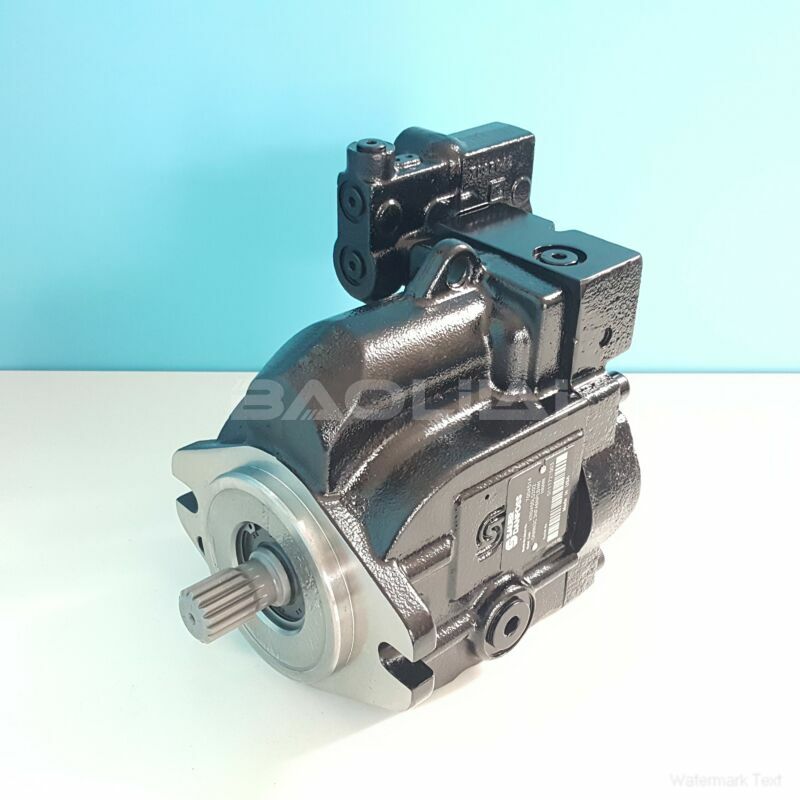KRR045DLS2014NNN3C2AGA6NAAANNNNNN sauer danfoss pump
KRR045DLS2014NNN3C2AGA6NAAANNNNNN sauer danfoss pump

- Product Details
- Applicable Scene
Hydraulic oil pumps are essential components in demolition and heavy construction equipment, enabling the effective transmission of power through hydraulic systems. The design of these pumps is crucial for ensuring optimal performance, reliability, and safety in demanding environments characterized by high pressures and variable loads. This article explores the key considerations and principles involved in designing hydraulic oil pumps specifically for demolition and heavy construction applications.
KR-R-045D-LS-20-14-NN-N-3-C2AG-A6N-AAA-NNN-NNN
KRR045DLS2014NNN3C2AGA6NAAANNNNNN
One of the primary considerations in the design of hydraulic oil pumps is the operating environment. Demolition and construction sites often present harsh conditions, including exposure to dirt, debris, moisture, and temperature variations. Consequently, hydraulic oil pumps must be constructed from durable materials that can withstand corrosion and wear, as well as sealed appropriately to prevent contamination of the hydraulic fluid.

7004276S
Another significant factor is the required flow rate and pressure. Demolition and heavy construction equipment often demands high flow rates to ensure efficient operation of hydraulic actuators and tools. Designers must accurately calculate the required flow rate and pressure based on the specific applications, such as excavators, bulldozers, or jackhammers. This involves considering the size and type of equipment, the nature of the tasks performed, and the necessary speed and force required for effective operation.
Pump efficiency is also a critical aspect of design. Hydraulic systems operate on the principle of fluid mechanics, and energy losses during operation can result in decreased performance. Designers must focus on minimizing losses through careful selection of pump type, whether it be gear, vane, or piston pumps, and optimizing the geometric design to enhance fluid flow. High efficiency not only improves performance but also reduces heat generation, which is particularly important in maintaining hydraulic fluid viscosity and preventing thermal breakdown.
Noise and vibration are additional concerns in the design of hydraulic oil pumps. In demolition and construction environments, excessive noise can lead to operator fatigue and safety issues, while vibrations can cause structural damage to equipment. Innovative design strategies, such as incorporating noise dampening materials and implementing advanced balancing techniques, can help mitigate these challenges.
Moreover, ease of maintenance and accessibility should be key considerations in the design process. Hydraulic oil pumps should be designed for easy disassembly and repair, ensuring minimal downtime for equipment servicing. Features such as standardized components, clear access points, and integrated monitoring systems can enhance maintainability.





